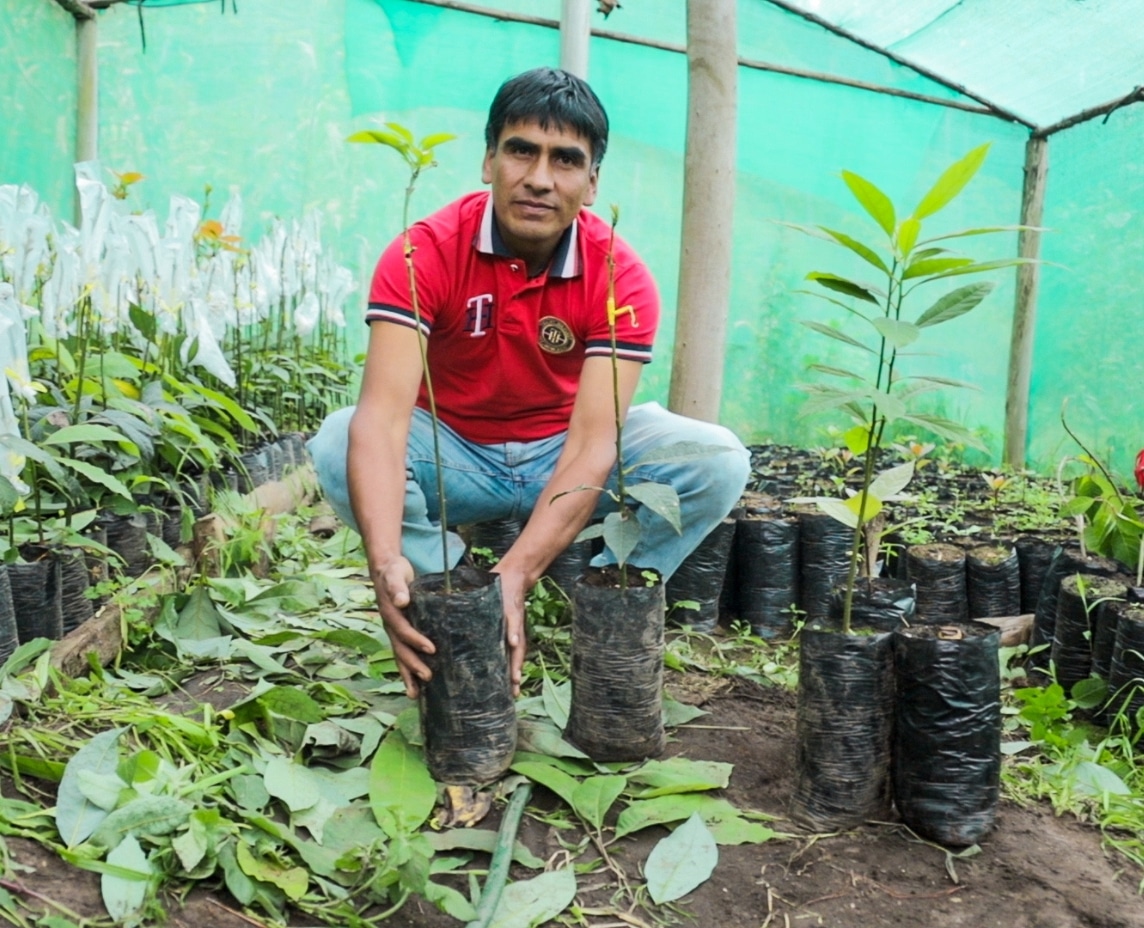In Peru, it is estimated that around 30% of the population lives in poverty. In this context, the sustainable development of the agricultural sector becomes an urgent necessity to address this precariousness and the vulnerability suffered by most of the country’s rural communities.
With the aim of improving resilience and strengthening the capacities of these communities, Social Promotion Foundation has been working for more than three years in the Department of Cutervo, in Cajamarca, in collaboration with ESCAES and with funding from the Regional Goverment of Valencia
Thus, at the end of this month of June, the project we are carrying out in the Chipuluc micro-watershed comes to an end, but we continue with our commitment to sustainable rural development in Cutervo through a new project that we started just a few weeks ago in the neighboring micro-watershed of Cullanmayo.
Within the framework of both initiatives, we have adopted a comprehensive environmental approach when implementing sustainable agricultural and rural development actions and practices. Specifically, these are related to water and soil management, the introduction of new crops and the adoption of new agricultural technologies to improve agricultural production and productivity in these communities.
In this way, the men and women involved are managing to guarantee adequate and sustainable food for their families, while also being able to diversify their sources of income through the commercialization of the products they produce.
The experience of Segundo Félix
Segundo Félix Humán belongs to one of the communities in the Chipuluc micro-watershed where the project has been implemented and will end soon. Before participating in this project, he says that their lifestyle was very different and much less healthy than the one they have acquired thanks to their participation in the initiative.
“The care and upbringing of the children was only taken care of by the wives, the guinea pigs were raised in the kitchens, food was prepared in tulpas and the smoke generated in the houses was harmful to our health”, recalls Segundo Félix, who also explains that the waste generated was thrown directly and without distinction on the farms and on the roads.
Thanks to the training and support received under this project, the living conditions of families like Félix Segundo’s are now much better. “We have learned new agroecological techniques, we have managed to improve the quality of our pastures, we have built sheds to raise guinea pigs, chickens and produce worm humus…”, he points out among the achievements.
In addition, he indicates that the participating families have also managed to improve their kitchens to prepare food in healthier and more sustainable conditions, as well as installing sprinkler irrigation systems in the crops that allow them to better manage water and produce up to three harvests per year.
In short, he stresses that “now we have enough food and we can sell the surplus we generate, which allows us to have more income for food, health, clothing and education for our children”. “We share everything we have learned with the families in the community and nearby communities”, says Segundo Félix, who hopes that all his neighbors and family members will also be able to improve their living conditions by promoting a sustainable rural environment.





